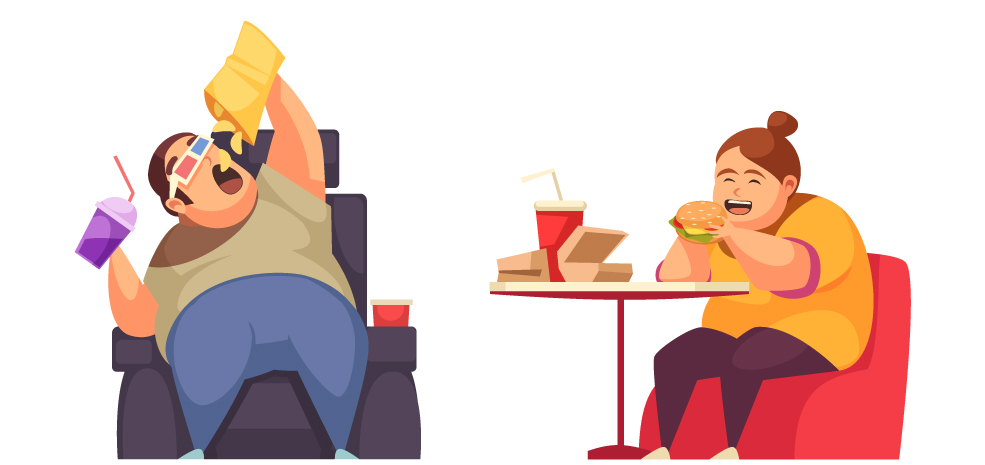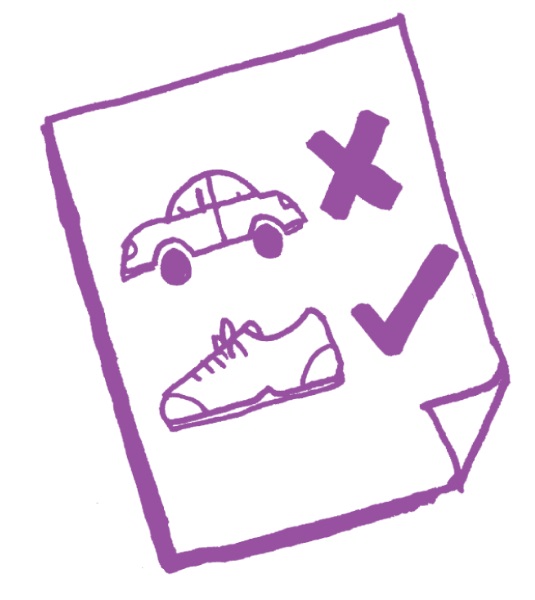Step 1: Cut down on your alcohol consumption

Moderate alcohol consumption is acceptable even if you have atrial fibrillation. However, some people find that even small amounts of alcohol – a single glass of wine or a beer – can trigger atrial fibrillation. If this is the case alcohol should be avoided as much as possible. Otherwise, I think the scientific data we know says that it is fine to drink a glass of wine or two, for example, on the weekends. But you should avoid drinking alcohol daily. And avoid binge drinking.
Step 2 – Weight Loss

Obesity is a risk factor for many disorders such as high blood pressure, diabetes, or high cholesterol. Atrial fibrillation is no different. You should aim for a BMI no higher than 27. For reference, the upper “normal limit” is 25. If your BMI is higher than 27 you should aim for weight loss.
A combination of a healthy diet, and more exercise, is the “medicine” that the doctor prescribes. It can be a good idea to get help from a dietitian or trainer, for example in a health center or gym.
Step 3: Increased physical activity

Physical activity is good for both your heart and your circulation. It is also good for your brain and your general well-being.
There is strong data showing that physical activity is at a level of about 30 minutes a day, has a life-prolonging effect and reduces the risk of blood clots in the heart and brain. Thus, large amounts of physical activity are not needed to have a beneficial effect. Physical activity can also reduce your risk of developing atrial fibrillation – and can enable you to have a better life with your atrial fibrillation.
Step 4: Healthy Diet and Atrial Fibrillation
The last step for a healthy lifestyle and atrial fibrillation, should come as no surprise: Eat varied, eat green, eat unrefined foods, and limit the amount of meat and saturated fat you consume. It is important to adapt your diet to your physical activity to avoid becoming overweight.
